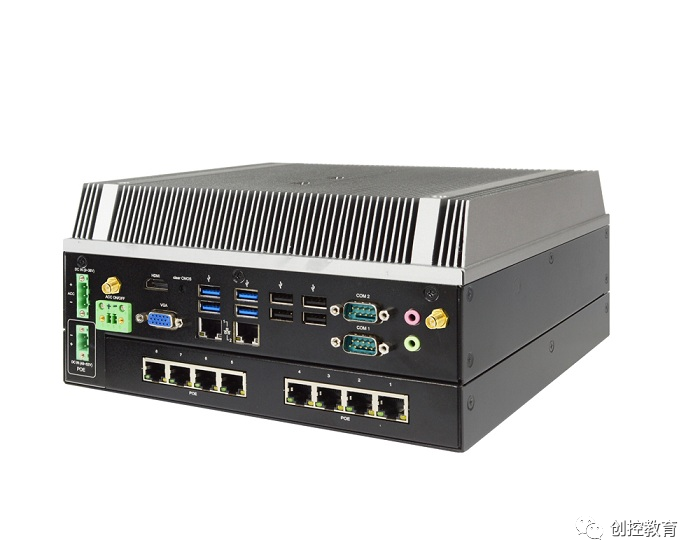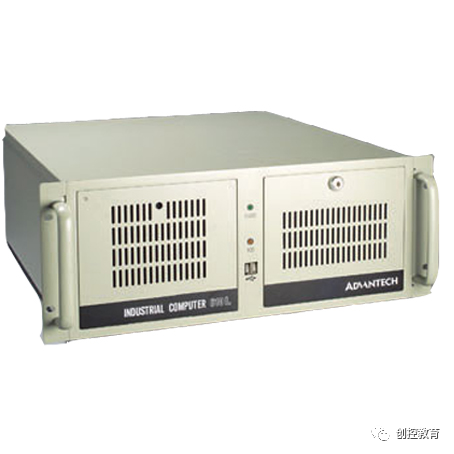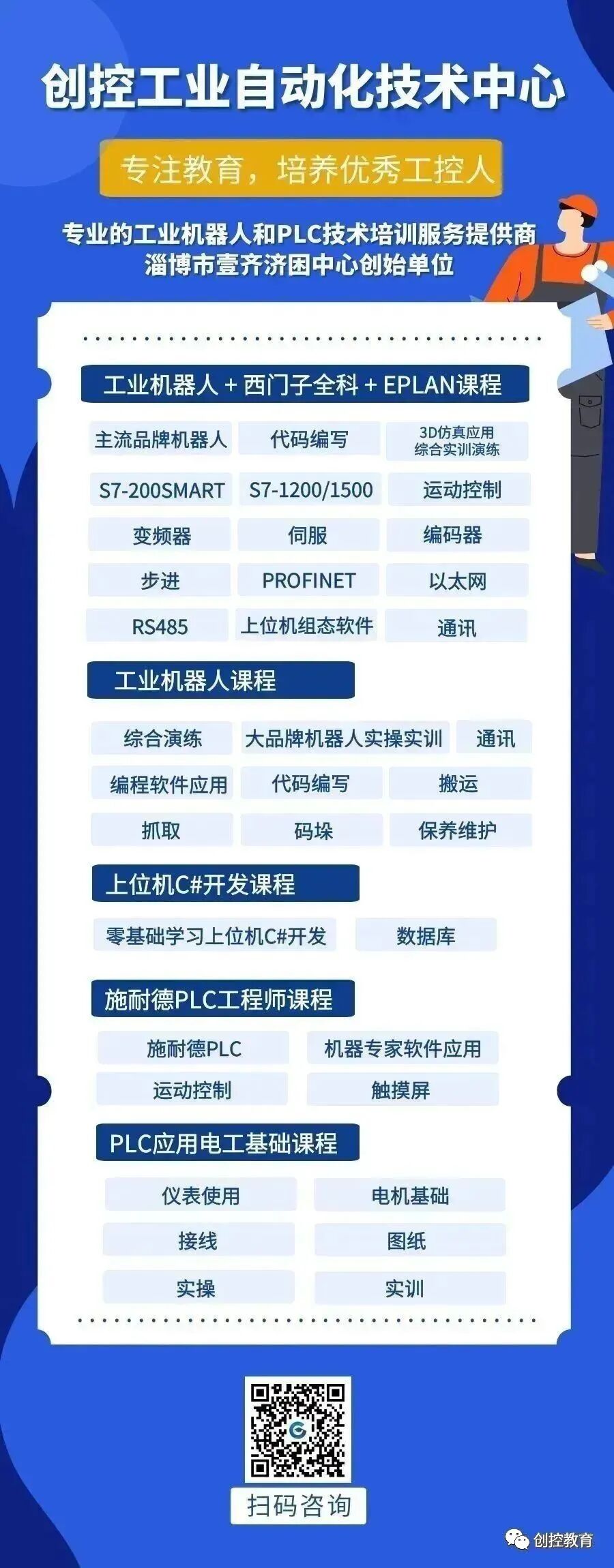
Industrial Personal Computer (IPC), abbreviated as IPC, possesses significant computer attributes and features, such as a computer motherboard, CPU, hard drive, memory, peripherals, and interfaces, along with an operating system, control networks and protocols, computing power, and a user-friendly human-computer interface.
So, can an IPC be used as a regular computer?

The answer is no, for the following reasons.
1. Sturdy Hardware
There are mainly five categories of IPCs: IPC (PC bus industrial computer), PLC (Programmable Logic Controller), DCS (Distributed Control System), FCS (Fieldbus Control System), and CNC (Computer Numerical Control). Regardless of the type, the hardware of these products is usually designed to be fixed.
Visually, they are designed to be “sturdy and reliable,” with all interfaces and styles predetermined, making modifications difficult; compared to the flexible DIY nature of regular computers, IPCs appear particularly rigid.
Additionally, many IPCs adopt a closed design to achieve good dustproof, waterproof, and moisture-proof performance, with some using internal fans for air circulation cooling, while others employ blade-type fanless cooling designs.
In contrast to the “open” design of regular computers, the “conservative” IPC is like a brick: solid, durable, and capable of cracking walnuts with ease.
2. Specialized Software Systems
Personal or office computers typically run on the Windows operating system, which has a mature software ecosystem, covering all aspects of audio and video entertainment.
While IPCs can also run Windows, they often prefer open operating systems like Linux or Unix.
Compared to Windows, Linux and Unix do not have a unified software ecosystem; instead, each company builds its own supporting software, leading to a closed system with strong security: products from different companies often cannot interconnect; even products from the same company at different times may not be compatible.
The closed ecosystem of the software system allows IPCs to focus on specific tasks, such as traffic light control, facial recognition, and data analysis, making their operations monotonous and specialized.
Even if an IPC runs Windows, since the device is designed to meet specific needs, the hardware configuration is based on those requirements, not pursuing high performance, and the operating system may not be the latest platform. Such IPCs lack sufficient hardware resources to support additional applications, failing to meet extra audio and video entertainment needs.
If you try to use such a work-oriented IPC for leisure, it will be exceedingly dull.

3. Durability
IPCs are typically used in harsh working environments, designed to ensure stability and reliability while minimizing maintenance. They are often built to operate 24/7, with an average fault-free time of over ten to twenty years.
If you treat such a device as a home or office computer, congratulations, you may not need to replace your computer for a long time. You might have replaced several phones while this “computer” remains as stable as ever, saving you considerable replacement costs, provided you can tolerate a less-than-ideal user experience.
Moreover, IPCs are designed with considerations for dust, moisture, and other harsh conditions, so using such a device as a computer means you won’t have to worry about dust accumulation causing system failures, even if you are quite careless.
4. Using a Computer as an IPC
Some may ask if a regular computer can be used as an IPC.
The answer is also no!
There have been instances where PC hosts were used as IPCs for image processing.
In practice, PCs cannot support long-term operation, leading to system failures after a period of time; additionally, video processing efficiency is far inferior to that of professional IPCs, resulting in issues like high latency, unstable bitstream encoding, and significant image noise.
Of course, one could use a high-end computer to replace an IPC, but the cost would be substantial.
Generally, in the absence of conditions, some engineers may temporarily use PCs during the validation phase, but when it comes to actual deployment, professional IPCs are still required.
5. In Conclusion
As the saying goes, “Each profession has its own expertise.” The emergence of IPCs is to solve specialized problems, a result validated by long-term practice, and cannot be easily replaced by consumer products.
With the diversification of applications, especially with the emergence of new technologies and applications like 5G, autonomous driving, the Internet of Things, and artificial intelligence, the use of IPCs has become even more specialized. While their hardware performance may not be the best, their application effectiveness is optimal.
Here, we thank all IPC professionals for their tremendous efforts in advancing industrial automation in our country. It is your silent contributions that have matched various needs with suitable IPCs.
-
(Content sourced from the internet, copyright belongs to the original author)
-
Disclaimer: If there are copyright issues, please contact for removal!Neither individuals nor organizations bear any legal responsibility.
-
